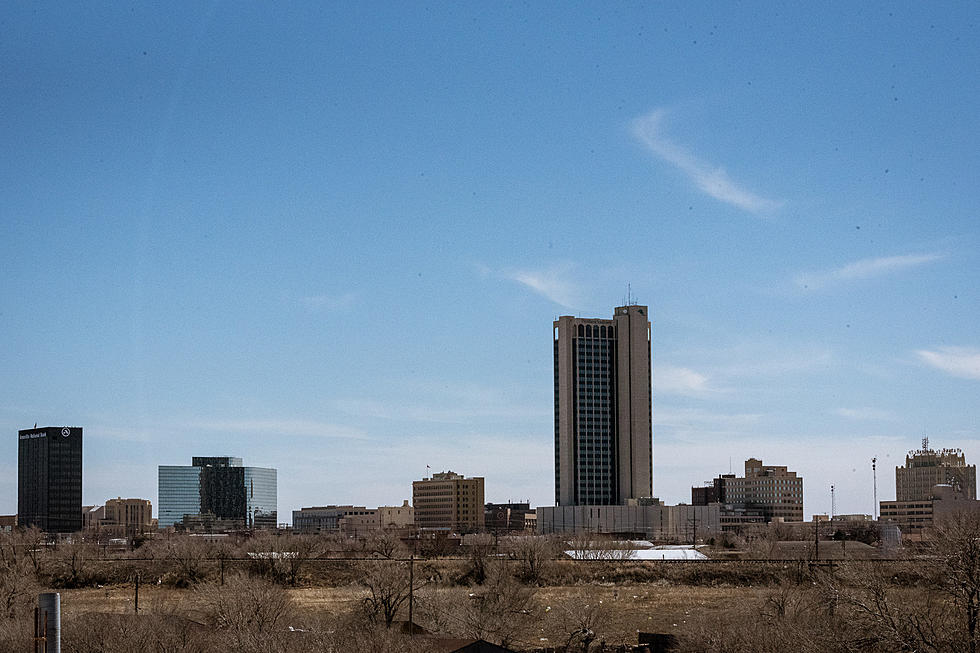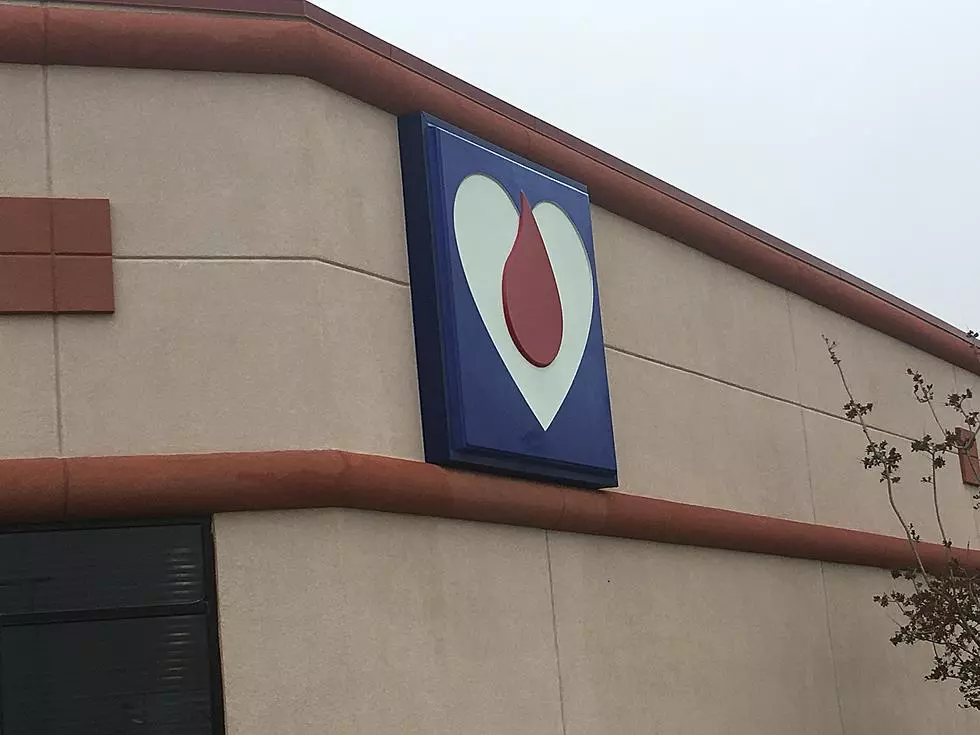
Is Getting a College Degree Worth the Money? — Dollars and Sense
As college tuition and contributions to college savings funds rise, experts are again examining the value of higher education and wondering if the cost is a good investment in someone’s future.
Analysts once said getting a bachelor’s degree would translate into lifetime earnings of at least $1 million more than someone with just a high school diploma. More recently, the number has been adjusted to something closer to $570,000.
That’s still significant, but when you consider the cost of a four-year degree at a private school can run upwards of $200,000, it doesn’t seem like a fantastic return on an investment.
Still, parents continue to contribute to college savings plans in record numbers. In 2011, such contributions reached an all-time high of $165 billion, a 5 percent increase from the previous year, perhaps fueled by the statistic saying students with such accounts are six times more likely to attend a four-year university.
And regardless of the dollar-to-dollar comparisons, one thing is clear: people with degrees are more likely to be employed. Two years ago, 90 percent of people who’d graduated from college between 2008-2010 had jobs, while only 64 percent of those who hadn’t attended college were collecting a paycheck.
In addition, having a degree is quickly becoming a prerequisite to secure a position in the first place. In the US, more than half of jobs currently mandate some sort of higher education beyond high school, and by 2020, experts predict 75 percent of jobs will have such a requirement.
[TIME]
More From NewsTalk 940 AM









